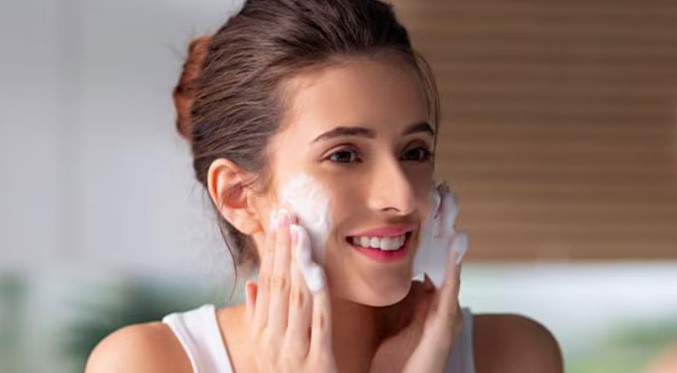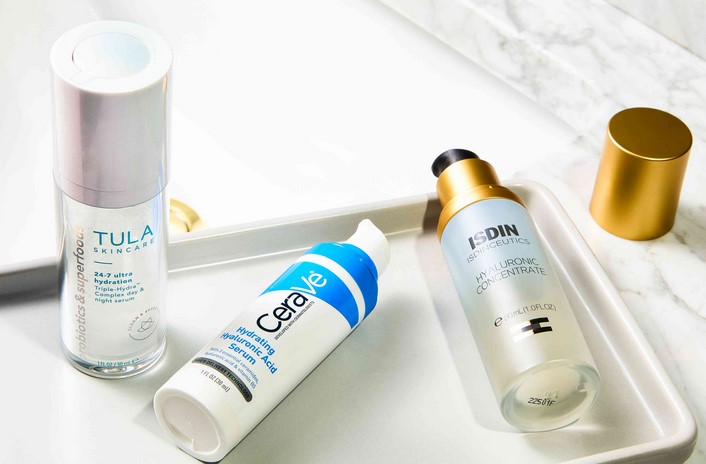
Healthy, glowing skin is often seen as a reflection of overall wellness, yet achieving it requires more than occasional treatments or expensive products. Consistency and thoughtful care are key. Daily skincare routines provide the structure and discipline necessary to maintain skin health, prevent premature aging, and address common concerns such as dryness, acne, or uneven tone. This article explores essential steps, expert tips, and effective strategies for building a daily skincare regimen tailored to your individual needs.
Understanding the Importance of Skincare
The skin is the body’s largest organ and serves as a protective barrier against environmental factors like UV radiation, pollution, and pathogens. Neglecting proper care can lead to a range of problems, including premature aging, dehydration, irritation, and increased sensitivity.
Key Functions of Skin Care
- Protection: Proper skincare strengthens the skin barrier, helping to defend against harmful external elements.
- Hydration: Maintaining moisture levels prevents dryness, flakiness, and irritation, keeping skin soft and supple.
- Repair: Daily routines support cellular repair and regeneration, which is crucial for maintaining a youthful appearance.
- Prevention: Consistent care minimizes the risk of long-term damage such as wrinkles, dark spots, and breakouts.
Understanding these functions highlights why establishing daily skincare routines is not just about aesthetics but also about maintaining skin health and resilience over time.
Essential Steps in Daily Skincare Routines
Creating a consistent daily skincare routine involves multiple steps, each addressing specific skin needs. While routines can vary based on skin type—oily, dry, combination, or sensitive—the core steps generally remain the same.
Step 1: Cleansing
Cleansing removes dirt, oil, makeup, and environmental pollutants. Choose a gentle cleanser suited to your skin type, and avoid harsh soaps that strip natural oils. Cleansing twice daily—morning and evening—helps maintain a clean canvas for other skincare products.
Step 2: Toning
Toners balance the skin’s pH, tighten pores, and remove any residual impurities after cleansing. Alcohol-free toners with soothing ingredients like rose water, chamomile, or aloe vera are ideal for minimizing irritation.
Step 3: Treatment or Serum Application
Serums are concentrated formulas targeting specific concerns such as hyperpigmentation, fine lines, or acne. Ingredients like vitamin C, hyaluronic acid, and retinol can deliver potent benefits. Apply serums after toning and before moisturizing to maximize absorption.
Step 4: Moisturizing
Moisturizers maintain skin hydration, lock in nutrients, and create a protective barrier. For oily skin, lightweight, non-comedogenic moisturizers work best, whereas dry skin may benefit from richer, emollient creams.
Step 5: Sun Protection
Sunscreen is arguably the most critical step in daily skincare routines. Daily application of broad-spectrum SPF 30 or higher prevents UV damage, reduces the risk of skin cancer, and prevents premature aging. Even on cloudy days or when indoors, UV rays can penetrate windows, making consistent protection essential.
Advanced Skincare Tips
Beyond the basic steps, additional strategies can enhance skin health and radiance.
Exfoliation
Exfoliation removes dead skin cells, promotes cell turnover, and improves the effectiveness of other products. Use chemical exfoliants like AHAs and BHAs or gentle physical scrubs 1–2 times per week. Avoid over-exfoliating, which can irritate and damage the skin barrier.
Hydration and Nutrition
Drinking adequate water, eating a balanced diet rich in antioxidants, and consuming omega-3 fatty acids contribute to skin health from the inside out. Hydration and nutrition complement topical skincare, creating a holistic approach to glowing skin.
Consistency Over Trendiness
While skincare trends and new products are appealing, consistency with proven routines yields the best results. Avoid frequently switching products, and allow time—typically 4–6 weeks—to evaluate their effectiveness.
Lifestyle Factors
Adequate sleep, stress management, and avoiding smoking or excessive alcohol consumption are crucial for skin health. Stress and sleep deprivation can trigger breakouts, dullness, and inflammation, undermining even the most meticulous skincare routine.
Tailoring Your Routine to Your Skin Type
Different skin types require adjustments to the standard skincare steps.
- Oily Skin: Lightweight, oil-free cleansers, mattifying moisturizers, and non-comedogenic products help control excess oil.
- Dry Skin: Hydrating cleansers, rich creams, and nourishing serums restore moisture and repair the skin barrier.
- Sensitive Skin: Fragrance-free, hypoallergenic products with soothing ingredients prevent irritation.
- Combination Skin: Balanced routines targeting both oily and dry areas may require using multiple products in different zones.
Understanding your skin type ensures that your daily skincare routine addresses your unique needs while minimizing adverse reactions.
Establishing consistent daily skincare routines is essential for achieving and maintaining healthy, glowing skin. By incorporating cleansing, toning, treatment, moisturizing, and sun protection, along with occasional exfoliation and attention to lifestyle factors, individuals can protect, nourish, and rejuvenate their skin effectively. Tailoring routines to specific skin types and concerns ensures optimal results, while consistency and patience allow for long-term improvements in skin texture, tone, and resilience. With dedication to these practices, achieving radiant, healthy skin becomes a sustainable reality rather than a fleeting goal.
